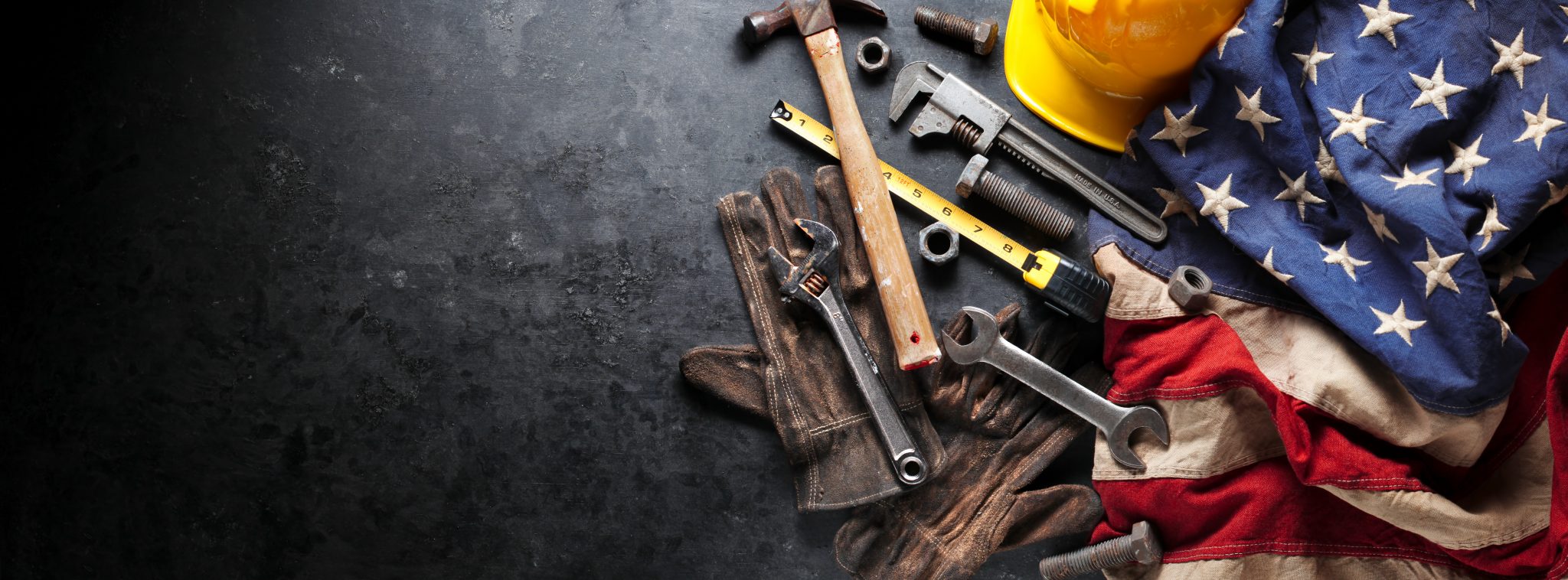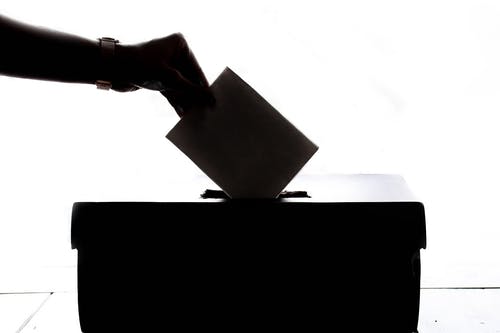According to our research “Stepping Up and Standing Out,” women are inspired by other…
Women in the labor movement

Labor Day, the first Monday in September, celebrates the American labor movement and the achievements of workers. The first Labor Day was organized by the Central Labor Union and celebrated on September 5, 1882. 10,000 citizens marched for labor rights down the streets of Manhattan, demanding fair hours, and better pay. The day quickly spread to other industrial city centers, and eventually became a federal holiday in 1894.
Initially, Labor Day was known as a “working men’s day” because men were overwhelmingly employed as tradespeople. However, women have played an important role in the labor movement from the beginning, despite not receiving much credit or appreciation. Women were among the first workers to endure the rigors of the industrial workplace and consequently were among the first to unionize. In the 1830s, the Lowell mill girls organized a strike over poor working conditions and pay cuts, which turned into the Lowell Female Labor Reform Association. In 1912, immigrant women lead the Bread and Roses strike, which was a pivotal movement in achieving better pay for hundreds of thousands of New England textile workers. Women were instrumental in demanding labor rights even into the 1960s and 1970s when they began to pursue broader goals in the modern workplace, like health care and sexual harassment protections.
Throughout this history, women workers have fought not just for labor reforms, but also political change. The Triangle Shirtwaist Factory fire, which killed nearly 150 workers, inspired a push for women’s suffrage. Working women realized they had no safety net, and began a reinvigorated fight for the vote. Later, sociologist Frances Perkins was appointed as the Secretary of Labor in 1933 (becoming the first woman to hold a Cabinet position); Perkins was instrumental in creating Social Security and the New Deal to provide protections to working Americans.
Labor Day’s original purpose was to honor workers who go unappreciated in society. This year, the COVID-19 pandemic has highlighted the importance of women’s unpaid labor. In the United States, women perform an average of four hours of unpaid work per day (compared to men’s two and a half). As COVID-19 has forced many workers to stay at home and closed down schools and child care centers, women are taking on an added burden of cooking, cleaning, caring for kids, and helping aging parents. And many women hold jobs that have been deemed essential or are critical to reopening—including healthcare workers, daycare owners and childcare providers, and teachers. Now, as women are feeling the economic impact of the coronavirus, it is galvanizing them to step up and get politically involved.






